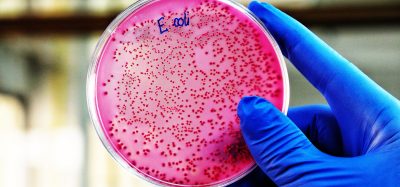RNA: the key to cancer research?
Posted: 2 November 2022 | Izzy Wood (Drug Target Review) | No comments yet
In the production of RNA, researchers in Spain and Denmark have found a method for attacking cancer cells.


Researchers from the University of Seville, Spain, have proposed RNA as a therapeutic target for developing tailored strategies for treating cancer.
Recent advances in research, published in the journal Nature Communications, saw a study revealing that RNA synthesis inhibition with the THZ1 compound and analogues after therapies that cause DNA breakages, such as radiation therapy, greatly increases tumour cells’ sensitivity to death.
The RNA polymerase enzyme, the RNA production machine in cells, is essential for repairing breakages in human DNA safely and reliably. RNA production is essential for healthy cells but especially for tumour cells, which require much more activity by this enzyme to grow uncontrolled.
Currently, these researchers are working on the mechanisms of how RNA can serve as a tool for treating diseases. “Once we have observed that selectively inhibiting RNA production boosts the utility of radiation therapy in cancer cells and does not drastically affect the rest of the cells, we will start researching it in various types of cancer, such as glioblastoma and paediatric neuroblastoma,” commented Diana Aguilar-Morante, the study’s co-author.
“At this point, our challenge will be to improve the efficiency of these new RNA production inhibitors and reduce the side effects that can occur in patients with cancer,” explained the Principal Investigator, Daniel Gómez-Cabello. “This study provides clues on how to improve conventional therapies and achieve a higher success rate with treatments. Although there is still a long way to go to be able to use these RNA polymerase inhibitors in the clinical setting, clinical trials are currently underway based on this enzyme for treating cancer.”
“Increasing the knowledge on how to use these compounds in a safer and more tailored manner allows us to address as best as possible the treatment of cancer,” concluded Aguilar-Morante.
Related topics
DNA, Drug Targets, Enzymes, RNAs, Therapeutics
Related conditions
Cancer
Related organisations
University of Seville
Related people
Daniel Gómez-Cabello, Diana Aguilar-Morante








